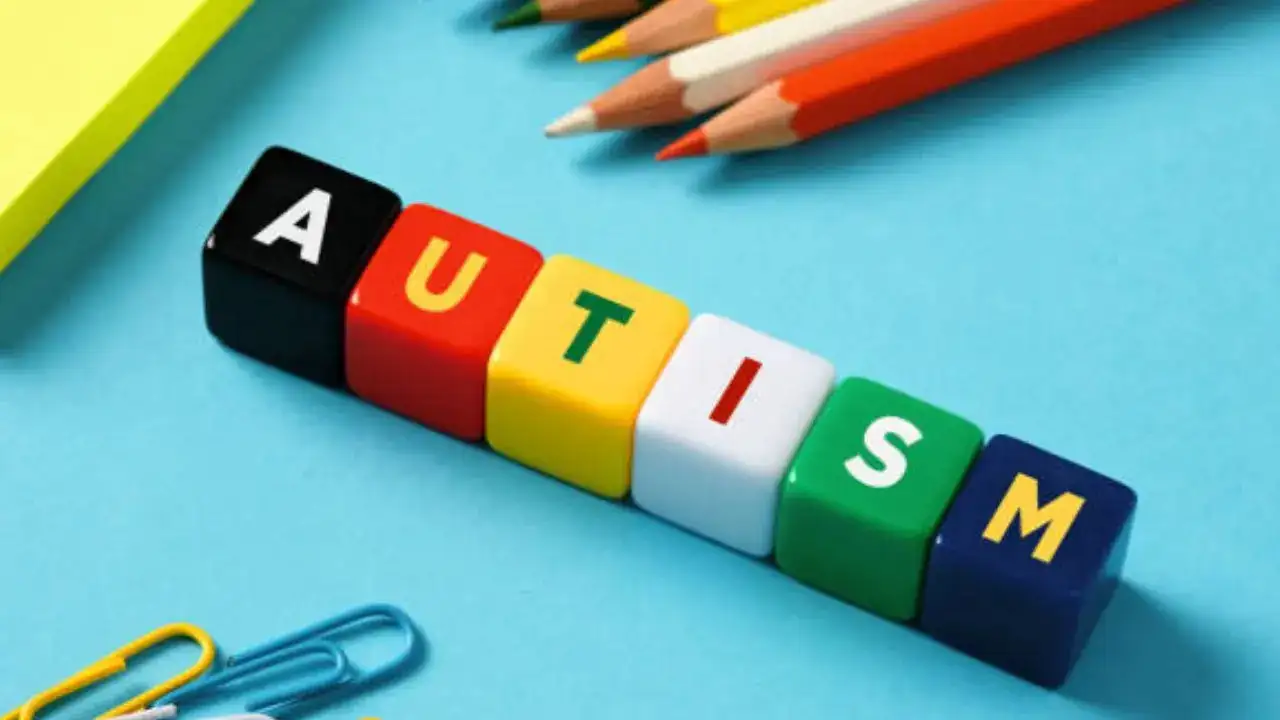
Autism Now Affects 1 In Every 31 Children In The US—Experts Reveal Why (Image Credits: iStock)
Autism diagnoses in the United States have reached a new high, with approximately 1 in 31 children now identified as having autism spectrum disorder (ASD), according to a new report from the US Centers for Disease Control and Prevention (CDC). The latest figures, based on data, mark an increase from the previous estimate of 1 in 36 reported in 2020.
The CDC’s report examined medical and educational records of 8-year-old children across 14 states and Puerto Rico. The analysis showed that autism rates continue to be significantly higher among boys compared to girls. Further, children from Asian/Pacific Islander, Black, and American Indian/Alaska Native communities were found to have higher diagnosis rates than their white peers.
What Is Autism?
Autism is a complex neurodevelopmental disorder characterised by differences in brain development. Its symptoms can vary widely, often including challenges in social interaction, communication difficulties, repetitive behaviours, and a strong preference for routines. While some children show signs early in life, others may not be diagnosed until school.
First Signs of Autism to Watch For
Experts stress the importance of recognising the early signs of autism for timely intervention. Common indicators that may appear between 12 and 18 months include:
Not responding to their name
Delayed speech or language development
Repetitive behaviours like hand-flapping or rocking
Lack of interest in peer interactions or pretend play
Difficulty expressing emotions or understanding others’ feelings
Resistance to changes in routine
Early diagnosis can significantly improve long-term outcomes through therapies and specialised support.
From Rare Diagnosis to Broader Spectrum
The CDC’s findings also reflect a broader historical trend. In the early 2000s, autism was estimated to affect 1 in 150 children. That figure has steadily increased, reaching 1 in 44 by 2018, 1 in 36 in 2020, and now 1 in 31. According to public health experts, this rise is largely attributed to greater awareness, better screening tools, and expanded diagnostic criteria that now include a broader spectrum of autism-related behaviours and severities.
Autism spectrum disorder has no definitive laboratory or blood test for diagnosis. Instead, healthcare professionals rely on behavioural observations and developmental assessments. Over the years, numerous studies have ruled out vaccines as a cause of autism. Instead, researchers have been exploring a variety of potential factors, including genetic predispositions, parental age at conception, maternal health during pregnancy, and environmental exposures.
Despite the growing consensus in the scientific community, debates over autism’s causes persist in some circles. Recently, US Health Secretary Robert F. Kennedy Jr. announced a controversial new global research initiative aiming to identify and eliminate the causes of autism by September. He claims the project will involve hundreds of scientists worldwide.
Kennedy’s announcement has drawn backlash, especially for appointing Dr David Geier to lead the initiative. Geier, a vocal supporter of the debunked vaccine-autism theory, was found in 2011 to have practised medicine without a license in Maryland.
Get Latest News Live on Times Now along with Breaking News and Top Headlines from Health and around the world.
